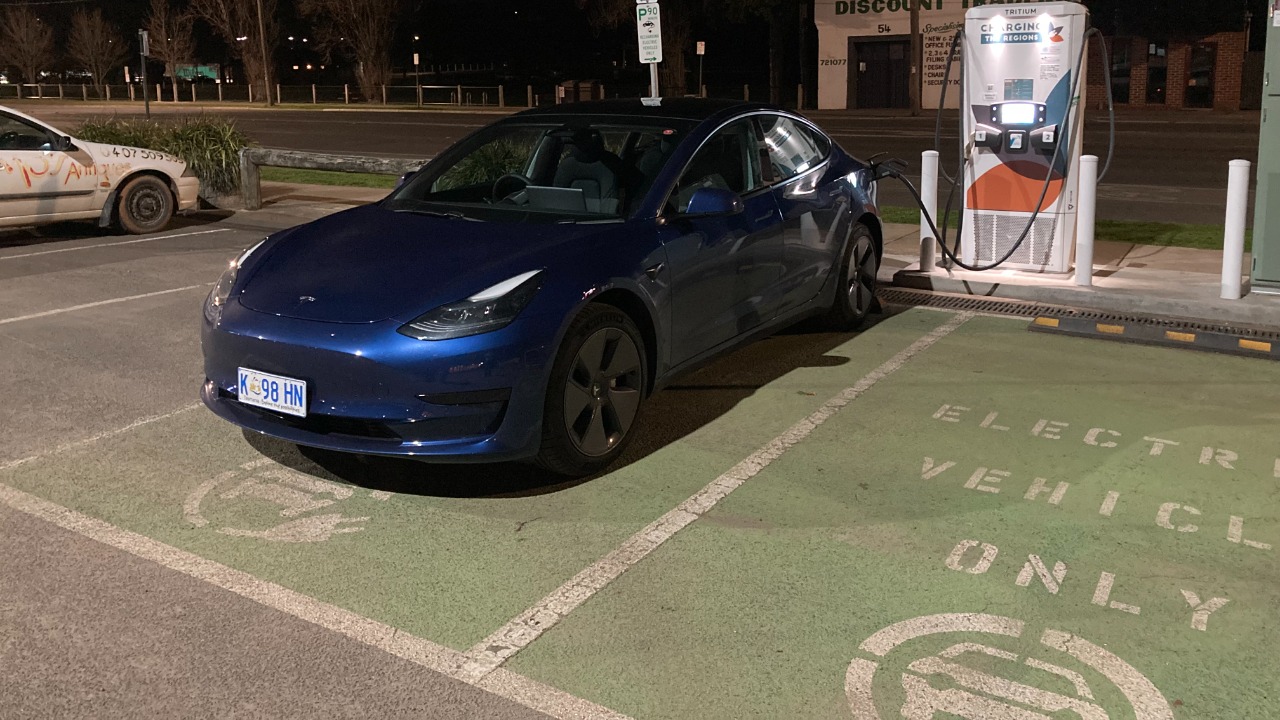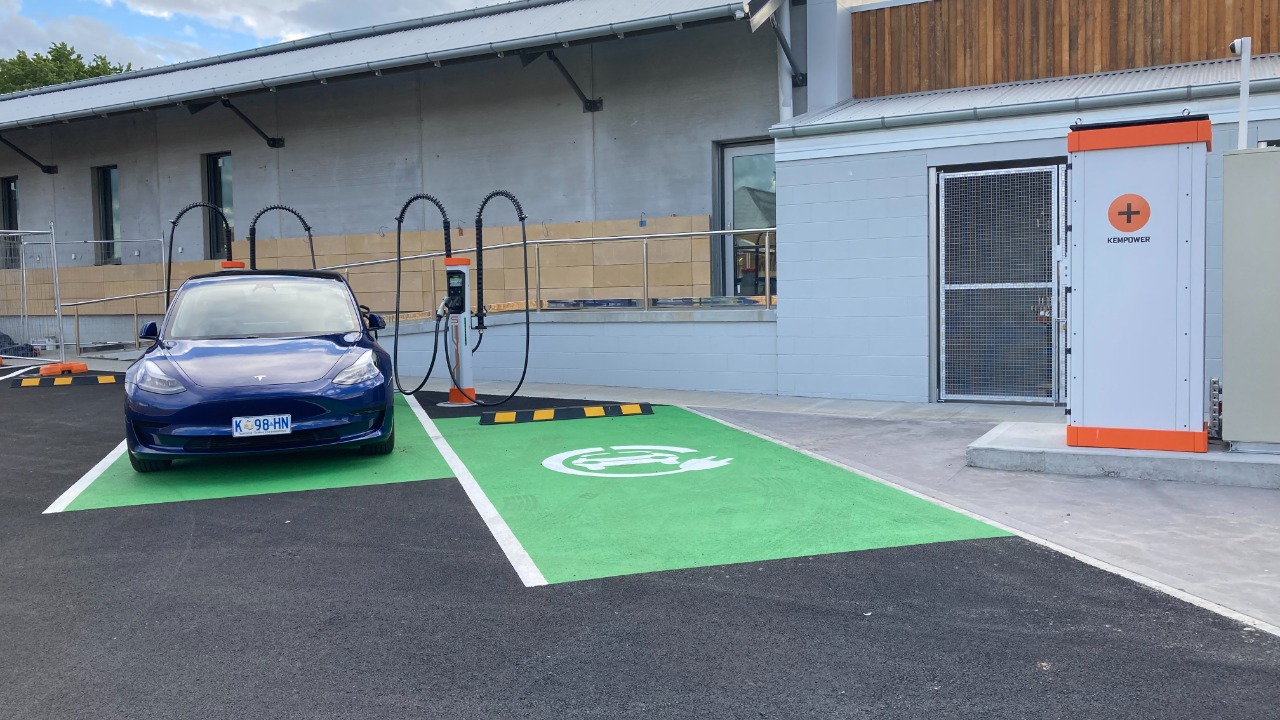As the automotive industry races toward a more sustainable future, electric vehicles (EVs) have been at the forefront of this transformation. However, the emergence of synthetic fuels is causing a stir among EV manufacturers, challenging their dominance in the green mobility landscape. This article delves into why synthetic fuels are becoming a point of concern for EV makers and how they might impact the future of transportation.
The Rise of Synthetic Fuels

Synthetic fuels, often referred to as e-fuels, are produced by combining hydrogen with carbon dioxide to create liquid hydrocarbons that can power combustion engines. This process, known as Fischer-Tropsch synthesis, has been around for decades but has recently gained momentum due to advancements in technology and a growing emphasis on carbon-neutral solutions. These fuels are designed to be carbon-neutral because the CO2 emitted during combustion is offset by the CO2 captured during production, making them an attractive alternative to traditional fossil fuels.
Environmental advocates argue that synthetic fuels offer significant benefits, such as reducing overall carbon emissions while utilizing existing combustion engine technology. While EVs boast zero tailpipe emissions, the production and disposal of lithium-ion batteries raise environmental concerns. Synthetic fuels promise a lower carbon footprint by potentially using renewable energy sources in their production process. However, critics are skeptical, arguing that the overall efficiency of synthetic fuels may not match the electrification path that EVs are currently on.
Several major players in the automotive and aviation industries are investing in synthetic fuels. Companies like Porsche and Audi are leading research and development efforts, motivated by the potential to use existing vehicle platforms without the need for extensive infrastructure changes. Airlines are also interested, seeing synthetic fuels as a way to reduce their carbon footprint while maintaining the performance and range demanded by modern aviation.
Advantages of Synthetic Fuels Over EVs

One of the most significant advantages of synthetic fuels is their compatibility with existing infrastructure. Unlike EVs, which require new charging stations and grid enhancements, synthetic fuels can be distributed using the current network of fuel stations. This means consumers and industries can transition seamlessly, avoiding the high costs and logistical challenges associated with building new infrastructure.
In terms of performance, synthetic fuels offer comparable energy density to traditional gasoline, giving vehicles powered by them a greater range than many current EVs. This is particularly beneficial for long-haul transport, where range anxiety remains a significant barrier to EV adoption. While EVs like the Tesla Model S boast impressive range figures, they still fall short of the convenience and quick refueling times offered by internal combustion engines running on synthetic fuels.
Cost is another area where synthetic fuels might have an edge. Although the current production costs are high, they are expected to decrease as the technology scales. Over the vehicle lifecycle, synthetic fuels could offer savings by avoiding the high upfront costs of EVs and the need for frequent battery replacements. The total cost of ownership could become more favorable for synthetic fuels, especially if production methods become more efficient and widespread.
Challenges Facing the EV Industry

The rise of synthetic fuels introduces a new layer of competition for EV manufacturers, potentially altering market dynamics. While EVs have enjoyed growing popularity thanks to a combination of technological advancements and government incentives, synthetic fuels offer a compelling alternative that could sway consumer preferences. This competition might drive innovation in both sectors, but it also poses a threat to the rapid growth trajectory that EVs have experienced so far.
Technological limitations in current EVs, such as battery life and charging infrastructure, are areas where synthetic fuels could exploit vulnerabilities. Although EV charging networks are expanding, they still do not match the ubiquitous presence of gas stations. Additionally, issues like long charging times and battery degradation remain hurdles that the EV industry must overcome to maintain its competitive edge against synthetic fuels.
Government policies and regulations will play a crucial role in determining the future of both EVs and synthetic fuels. While many countries have set ambitious goals for phasing out internal combustion engines, the regulatory landscape could shift as synthetic fuels become more viable. Policies could either bolster the adoption of synthetic fuels by recognizing their carbon-neutral potential or challenge the EV industry’s growth by reducing incentives or altering emissions standards.
The Role of Public Perception and Consumer Choice

Consumer attitudes toward sustainability and convenience are likely to evolve as synthetic fuels become more prominent. Some consumers might prefer the familiarity and ease of refueling associated with synthetic fuels, especially if they perceive them as equally sustainable as EVs. The challenge for EV manufacturers will be to maintain their appeal by continuing to advance battery technology and charging infrastructure.
Marketing and media campaigns will significantly shape public opinion of synthetic fuels and EVs. The narrative around synthetic fuels as a carbon-neutral alternative could gain traction, especially if backed by high-profile endorsements and media coverage. As seen in forums like Reddit, discussions about the practical benefits of synthetic fuels are gaining attention, influencing consumer perceptions and potentially affecting purchase decisions.
Looking ahead, if synthetic fuels gain popularity, consumer choices could pivot, affecting the trajectory of EV adoption. The appeal of maintaining existing vehicle platforms and infrastructure could slow the transition to electric, challenging manufacturers to innovate and adapt to a more diversified energy landscape.
Potential Environmental and Economic Impacts

The long-term environmental impacts of synthetic fuels will largely depend on how they are produced. Using renewable energy sources for production could align synthetic fuels with global sustainability goals, but if fossil fuels continue to dominate the input energy sources, the net benefits could be limited. Critics argue that synthetic fuels alone won’t solve climate challenges, emphasizing the need for a comprehensive approach to reducing emissions.
Economically, the rise of synthetic fuels could lead to significant shifts in the automotive and energy sectors. As investments grow, new jobs may emerge in production and distribution, countering potential job losses from a declining fossil fuel industry. Industries might also experience shifts as they adapt to a more diverse energy landscape, with companies that embrace synthetic fuels potentially gaining a competitive advantage.
Ultimately, synthetic fuels may play a complementary role in sustainable transportation, offering a balanced approach alongside EVs. This balance could provide resilience against fluctuations in energy markets and technological advancements, helping to achieve a more sustainable future. The ongoing development and adoption of both technologies will likely shape the future of mobility, requiring stakeholders to continuously assess and adapt their strategies.